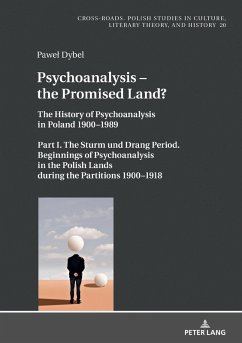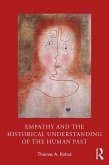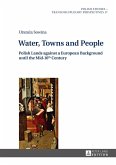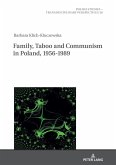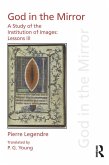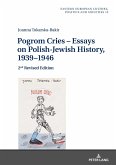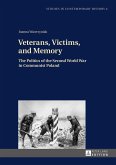The book is the first systematic study of the beginnings of psychoanalysis on Polish lands in Galicia (Austria-Hungary) and Congress Poland (Russia) during the partitions of Poland in the years between 1900 and 1918. The birth of the movement was presented on a broad cultural background, as an element of the assimilation processes among Polish Jews. At the same time, Freud's and Jung's theories began to gain popularity in Polish medical, philosophical, artistic and literary circles. By 1918, over a dozen articles on psychoanalysis had been published in Polish scientific and philosophical journals. Freud himself was vitally interested in this process, sending Ludwig Jekels to Krakow in the role of - as he wrote - an "apostle" of his theory in the circles of the Polish intelligentsia.
Dieser Download kann aus rechtlichen Gründen nur mit Rechnungsadresse in A, B, BG, CY, CZ, D, DK, EW, E, FIN, F, GR, HR, H, IRL, I, LT, L, LR, M, NL, PL, P, R, S, SLO, SK ausgeliefert werden.

